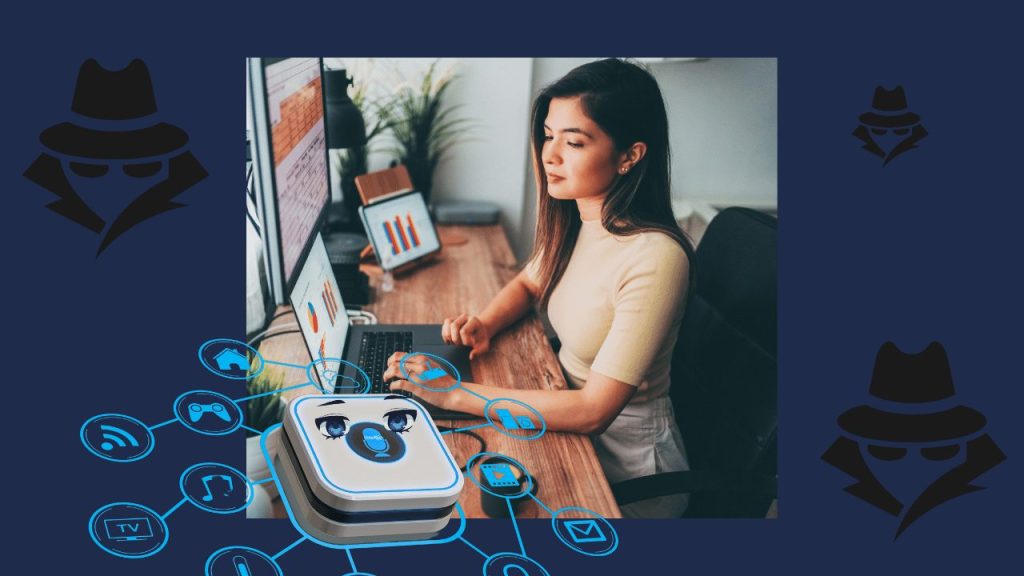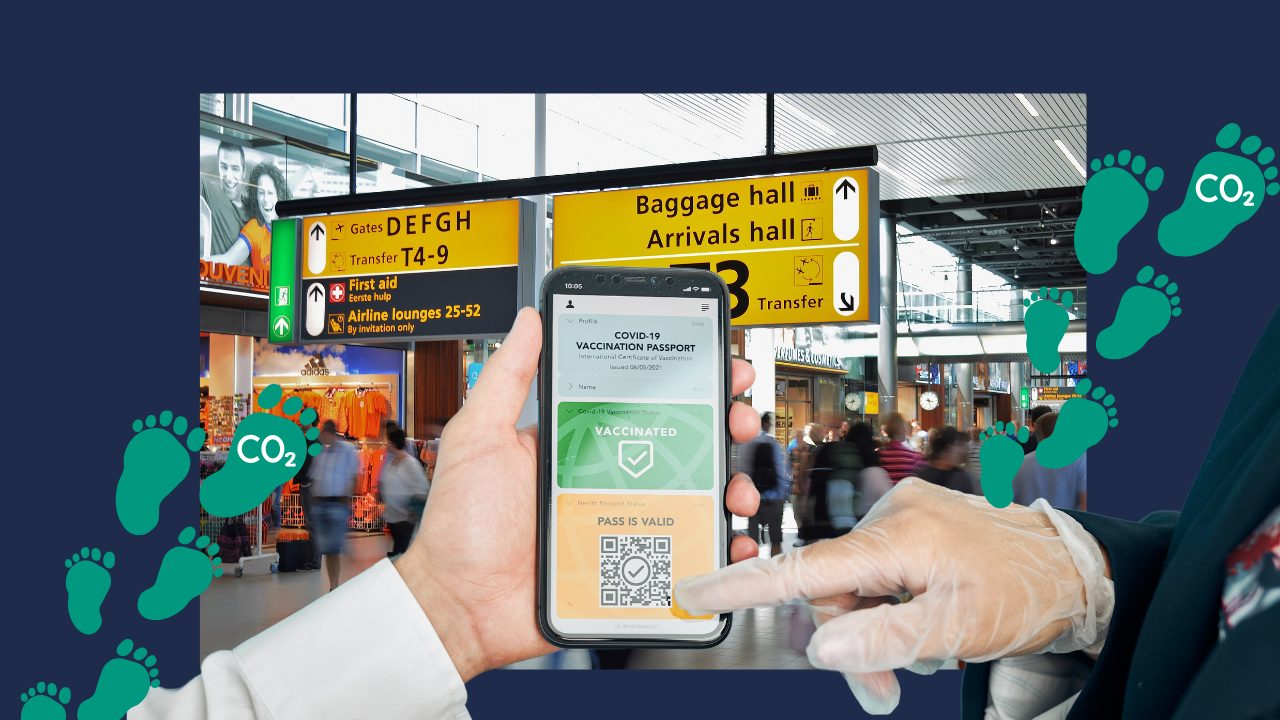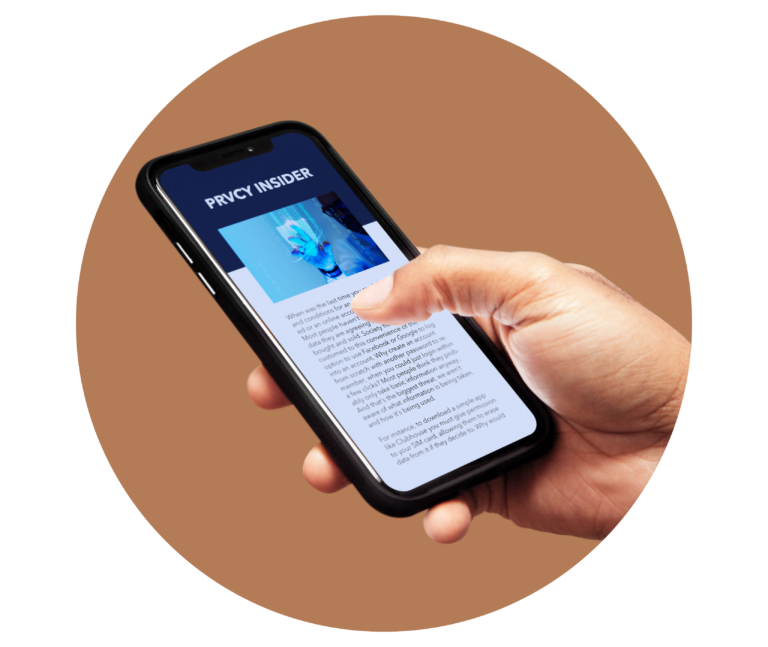In today’s world, where convenience often overshadows privacy concerns, digital home assistants such as Alexa, Google Home, and Siri have become staples in our living environments. They promise to streamline our daily routines with voice-activated commands for home control, music playback, and real-time news updates. Despite their ubiquity, these devices harbor a significant threat to personal privacy: the potential for surveillance.
The Hidden Danger
The convenience of home assistants stems from their ability to listen and respond to voice commands. However, this feature also poses a risk for unwanted surveillance. These devices are always on, listening for a wake word to activate, leading to questions about the fate of incidental conversations they capture, the destination of this data, and its accessibility.
Furthermore, when these devices are integrated with other smart technologies, they can amass data on our habits, preferences, and household members. This data, when stored and analyzed, can reveal detailed insights into a user’s lifestyle and could potentially be intercepted via WiFi and Bluetooth connections.
The WiFi and Bluetooth Conundrum
With the increasing prevalence of WiFi and Bluetooth in various products, from appliances to toys and even mundane items like scales and foam rollers, our convenience is accompanied by heightened vulnerability. These technologies, while facilitating connection and data transfer, also pose privacy and security risks.
Data Utilization and Sharing
A major concern is the utilization and sharing of data collected by home assistants. Despite assurances from manufacturers that this data enhances services and user experiences, there have been instances of human access for quality control and data provision to authorities under legal warrants.
This practice, often concealed within user agreements, leads to a scenario where personal information is not only shared but also monetized without explicit user consent.
Bluetooth’s Localized Risk
Bluetooth’s operational range presents both benefits and risks. While adverse Bluetooth-based activities require proximity, this also means that unknown entities can track your location by monitoring the Bluetooth signal from your phone. Advertisers, for example, use Bluetooth beacons in stores to tailor targeted advertising, highlighting security concerns for constantly enabled Bluetooth devices.
Privacy Protection Strategies
To counter these privacy risks, users can take several proactive steps:
- Review and Adjust Privacy Settings: Frequently check and customize your device’s privacy settings to limit data sharing.
- Mute When Inactive: Utilize the device’s mute function to disable the microphone when not in use.
- Regularly Erase Voice Recordings: Manufacturers often allow the review and deletion of voice recordings. Make it a routine to clear these from your account.
- Understand User Agreements: Taking the time to understand the terms you agree to can significantly impact how your data is managed.
- Seek Secure Alternatives: Opt for privacy-centric digital assistants that don’t store voice recordings or share data with third parties.
#PRVCYTips
Alternatives for Privacy-Conscious Users
- Mycroft: A private and open-source voice assistant
- Home Assistant: An open-source home automation platform that emphasizes local control and privacy.
The Need for Enhanced Privacy Measures
As digital home assistants continue to develop, the demand for stronger privacy protections becomes more pressing. Consumers advocate for regulations that guarantee transparency and offer greater control over personal data. Until these protections are established, individuals must carefully balance convenience and privacy.
Advising against the use of digital home assistants due to their surveillance potential is prudent. The convenience they provide comes with a substantial privacy cost, transforming these devices into potential surveillance tools. It is crucial to explore alternative methods to protect our digital presence and preserve the privacy of our personal spaces.
In summary, digital voice assistants offer unsurpassed convenience, but also pose considerable data protection risks. Only those who do not bring these devices into their homes or take appropriate measures can prevent their homes from being turned into surveillance centers. The future of digital assistance must prioritize data protection much higher than convenience, because in the end, the only choice is either or, if nothing changes in this respect in terms of technology.












